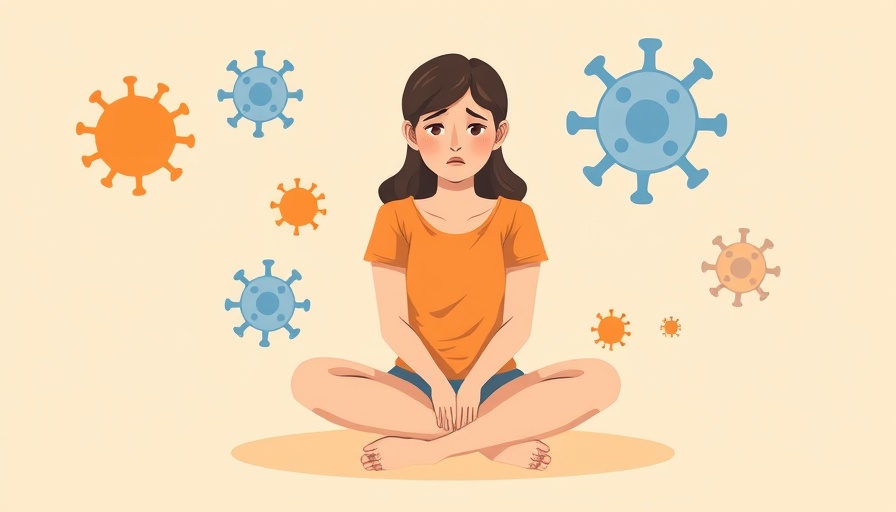
The Link Between Cannabis Use Disorder and Mental Health
A major study has shed light on the connection between Cannabis Use Disorder (CUD) and a heightened risk of mental health conditions. While cannabis is often hailed for its medicinal benefits, researchers at the University of Michigan have found a disturbing trend: individuals who experience CUD are more likely to develop anxiety disorders, depression, and other significant mental health issues. This research underscores the necessity for comprehensive understanding and education regarding the impacts of cannabis usage, particularly in vulnerable populations such as youth and those with pre-existing mental health concerns.
Understanding the Risks: What the Research Reveals
The study analyzed data from over 4,000 participants, indicating that those with CUD reported a 30% higher incidence of anxiety disorders and a similar increase in reports of depression when compared to cannabis users without CUD.
Particularly concerning is the correlation between CUD and anxiety symptoms that manifests as panic attacks, generalized anxiety disorder, and social anxiety. Such findings emphasize the critical need for early detection and intervention strategies for individuals struggling with substance abuse. The connections drawn in this study suggest that CUD can exacerbate existing vulnerabilities, complicating treatment processes and recovery.
Combating the Stigma of Mental Health
Despite growing awareness surrounding mental health, societal stigma remains a significant barrier for many individuals seeking help. This stigma is particularly pronounced in discussions surrounding substance use and mental health. For families navigating these challenges, support groups can provide a much-needed buffer against feelings of isolation and despair. Educational resources aiming to destigmatize mental health issues are crucial for encouraging open dialogue and promoting understanding.
Preventative Strategies: Emphasizing Early Intervention
Emphasizing preventive measures, mental health education, and community outreach programs can serve as front-line strategies against the growing epidemic of mental health disorders linked to substance use. School-based programs that integrate mental health education can better prepare students to recognize symptoms within themselves and peers. Equipping young people with coping strategies, such as mindfulness techniques and relaxation exercises, is paramount in helping them navigate stressors related to education and socio-economic challenges.
Future Implications: The Broader Impact on Healthcare Policy
This study's findings also push the conversation into the realm of mental health policy. If cannabis use is indeed correlated with serious and potentially debilitating mental health conditions, then healthcare access must evolve accordingly. Policymakers should consider developing frameworks that prioritize mental health education, alongside comprehensive substance abuse programs. Creating a work environment conducive to mental well-being can foster resilience and mitigate the impact of cannabis misuse.
Closing Thoughts: Taking Action in the Community
As communities confront the multifaceted issues of cannabis use and mental health, promoting comprehensive education, access to care, and an empathetic support structure is critical. Whether you're a caregiver, educator, or health professional, advocating for mental health awareness can help break down barriers and foster a supportive environment for those affected.
If you or someone you know is dealing with the repercussions of cannabis misuse and related mental health struggles, resources such as counseling, teletherapy, and support groups are invaluable tools. Utilize the SADAG helpline for immediate support and guidance, or engage with local mental health organizations to learn about available programs.
 Add Row
Add Row  Add
Add 




Write A Comment